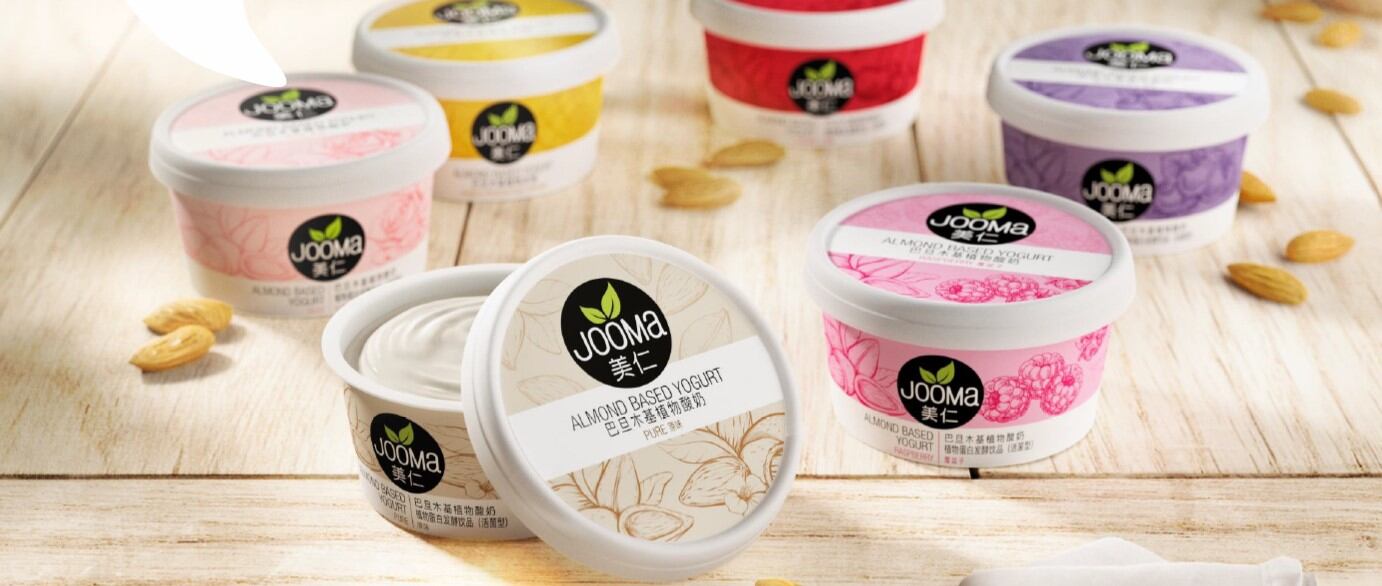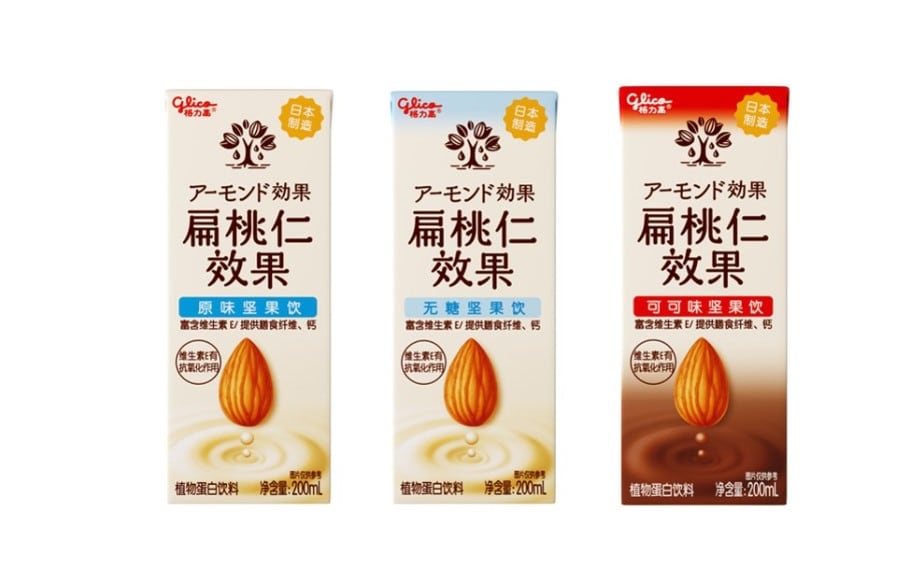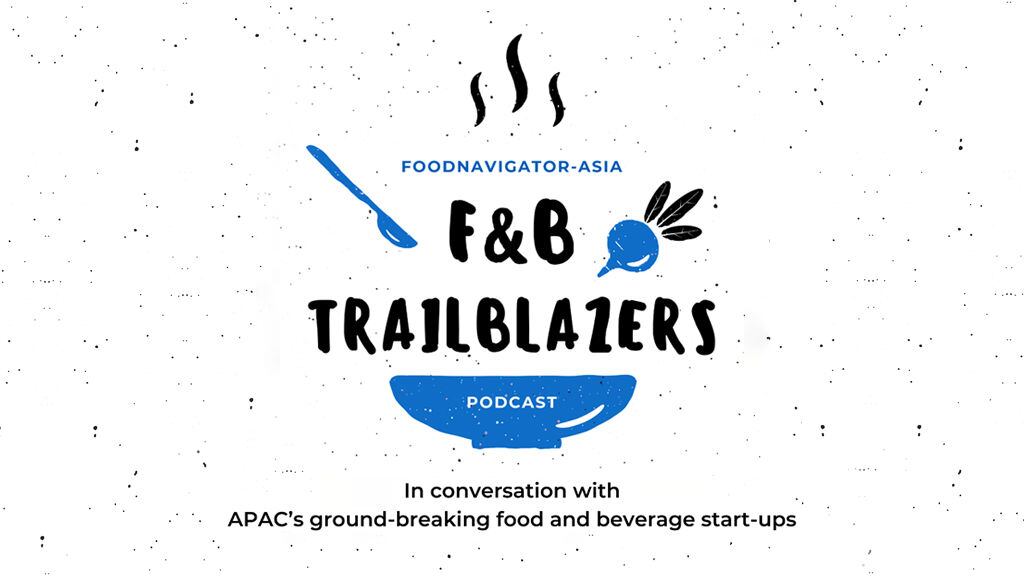NOIX Foods (Tianjin) is a subsidiary of Munich-based NOIX AG founded by Dr Stefan Schmale, who wanted to develop healthy plant-based foods in Asia.
Currently, Jooma produces and sells six SKUs of almond yoghurt in China using its proprietary technology.
According to Schmale, who is also CEO of NOIX AG, the plan is to launch three to four new product ranges next year, totaling 10 to 12 SKUs. One of these products will include a coconut yoghurt.
At present, Jooma’s almond yoghurts are sold in more than 100 retail and restaurant channels in Beijing, Tianjin, Shanghai and Shenzhen. For retail, about 50% of sales are online, and the other half offline in supermarkets.
Schmale said sales have been growing double digit month-on-month since the products were launched in January 2020, and he is optimistic that sales will pick up faster once it expands into more cities with more products.
In China, its main target customers are females, white collar workers, children, vegans, and expats, and so the plan is to launch in first and second tier cities where its main customers are located.
NOIX Foods (Tianjin) is also in working with other F&B players to co-develop products using its proprietary technology.
Proprietary technology
Each yoghurt product contains about 15 almonds and it is made from grinded, unfiltered whole almonds, instead of filtered almond milk, which typical plant-based companies are doing.
One of the challenges with plant-based yoghurt is the inability to thicken naturally, so most companies add thickeners as well as artificial flavours, colours and preservatives to deliver taste, texture, and mouthfeel.
Jooma, however, developed tech with the Fraunhofer Institute, to enable it to develop a natural, vegan almond yoghurt product.
The technology is not only in the formulation, but also in the process and equipment. Schmale said: “We are using machines that are typically used in the pharmaceutical industry, and not dairy machines.”
Own factory
It also has the benefit of its own factory: “Many new companies start with their products being produced by an OEM-manufacturer and concentrate on marketing. We know that marketing is important, but also believe that superior technology is important in the long run and that we want to keep proprietary,” Schmale said.
Needs consumer education
In addition to being a superfood, almonds as a raw material can reduce 75% CO2 emissions, 90% of land use and 38% of water use compared to dairy.
Despite the benefits of almonds on health and environment, this understanding is not as widespread in China compared to other Western countries.
“We therefore cannot rely only on our good product quality, but have to explain the plant-based concept and its advantages a lot more than we had expected,” Schmale said.




